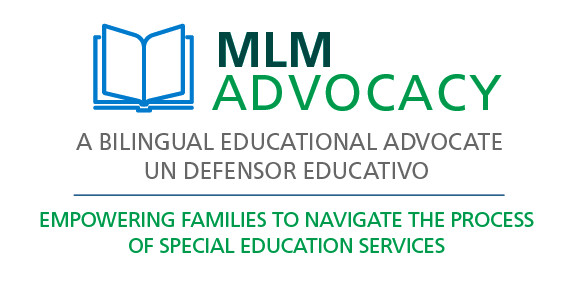How a Gradeschool-Aged Child is Doing After 1 Year of Being Mainstreamed into the Classroom
Get can’t-miss family activities sent to you!
Get the Best Family Activities
The thing is, the sensory issues he has can’t be "cured." They don’t go away. His coping mechanisms have developed (for example, he’ll stand with his hands held behind his back when he’s talking to a new kid), but he’s still going to be tempted to relate to other people by tapping on them and hugging them. He’s still a sensory seeker. This, of course, isn’t always appropriate, but most kids who know him well now understand it as a part of who he is, while others can’t deal with it (and shouldn’t have to). Also, his articulation isn’t as clear as his peers—I’m always asking him to "give me eyes" and to repeat what he said—and he’s gotten teased about "talking like a first-grader." Learning about these instances was always by happenstance. "Mommy, did you ever have the feeling that you talked like a first-grader?" Hmmm…
Sadly, part of my story of this past year is moving him through this bullying issue. His conduct grade slipped from the first quarter to the second quarter for not being able to keep his hands to himself, but he’s since pulled it up again. This last quarter he got straight A’s. He got straight A’s. He got straight A’s. Can I say it again?
At the beginning of the year, I got to know another mom on the playground. Her son was new to the school, and he was having a hard time. His physicality on the playground was more "lumbering and crashing tornado" than "new kid.". I knew those issues, boy did I know them. After getting quite friendly with the mother, I asked her if she’d ever thought of evaluating him for occupational therapy. She knew our history, and I explained how much it had helped Jamie to learn how to manage his body in space. She grew cold, and it took another six months before she’d acknowledge me again. I tried to explain to her that I didn’t think there was anything "wrong" with her kid. I sent her a fabulous article about sensory issues published by the Child Mind Institute (by my writer pal Beth Arky), and I got a curt "we all have our hands full" as a response. Ah, so this is how it was going to be. I can mainstream into a new community, but I’m either going to have to remain the constant educator, or ignore this long part of my parenting history altogether. Apparently, I had to pull away from my former SN language if I was going to hang with this set of parents.
In the end, this was the year that I had to balance the thread of being Special Needs Mom and Typical Mom. I can hear people telling me, why must you adapt a title at all? My answer is as follows: It’s not that I feel the need to label myself, but rather to honor the splitting identities I’ve accrued. To honor what it means to be my kid’s advocate, both then and now. To understand the language on both sides of the tracks, so that I can work with everyone for his better good now that he’s mainstreamed. It’s important for me to keep tabs on his challenges, because they’re not being as supported as they once were. Or, you could say that they’ve developed beyond requiring as much support.
Specifically, from the beginning of the year to the end of the year, he’s gone from having an incomprehensibly messy desk to a tidy one. This is not a small deal. He’s also made some friends, one who likes to find Jamie and squeeze him hard and hug him dearly every day before he leaves the playground, both of them off to their routine evenings of homework, dinner, bath, bed. Some things, after all, never change.
Also Read:
- The Do's and Dont's of Mainstreaming Your Child With Autism
- Rachel Aydt's thoughts on mainstreaming prior to making the switch for her child







